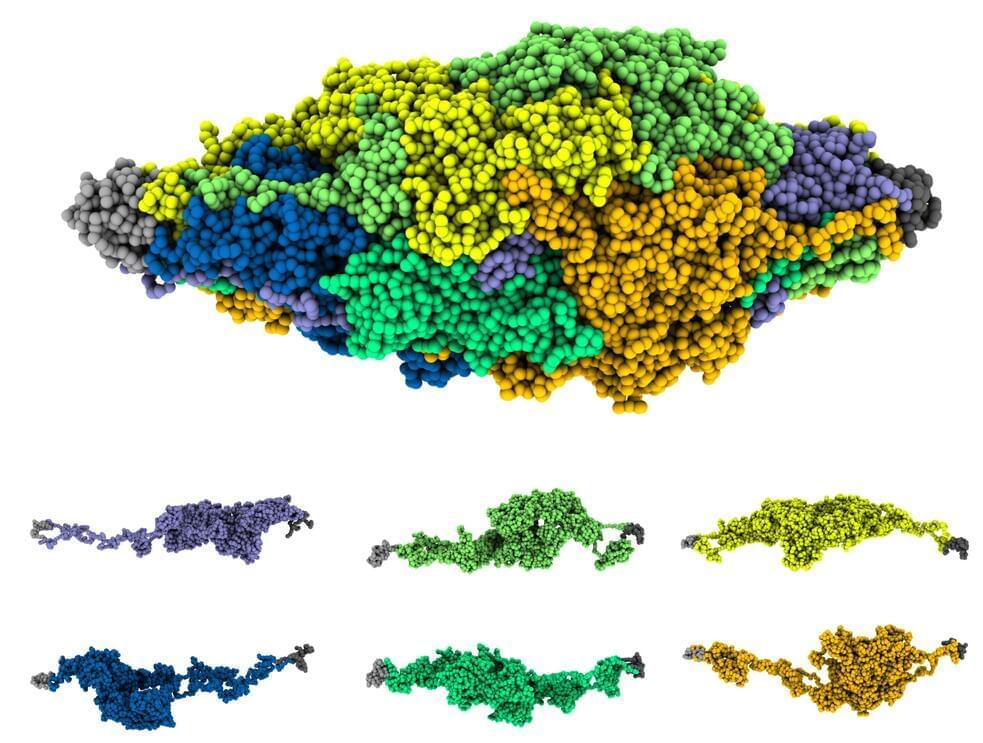When it comes to DNA, one pesky mosquito turns out to be a rebel among species.
Researchers at Rice University’s Center for Theoretical Biological Physics (CTBP) are among the pioneers of a new approach to studying DNA. Instead of focusing on chromosomes as linear sequences of genetic code, they’re looking for clues on how their folded 3D shapes might determine gene expression and regulation.
For most living things, their threadlike chromosomes fold to fit inside the nuclei of cells in one of two ways. But the chromosomes of the Aedes aegypti mosquito—which is responsible for the transmission of tropical diseases such as dengue, chikungunya, Zika, mayaro and yellow fever—defy this dichotomy, taking researchers at the CTBP by surprise.
